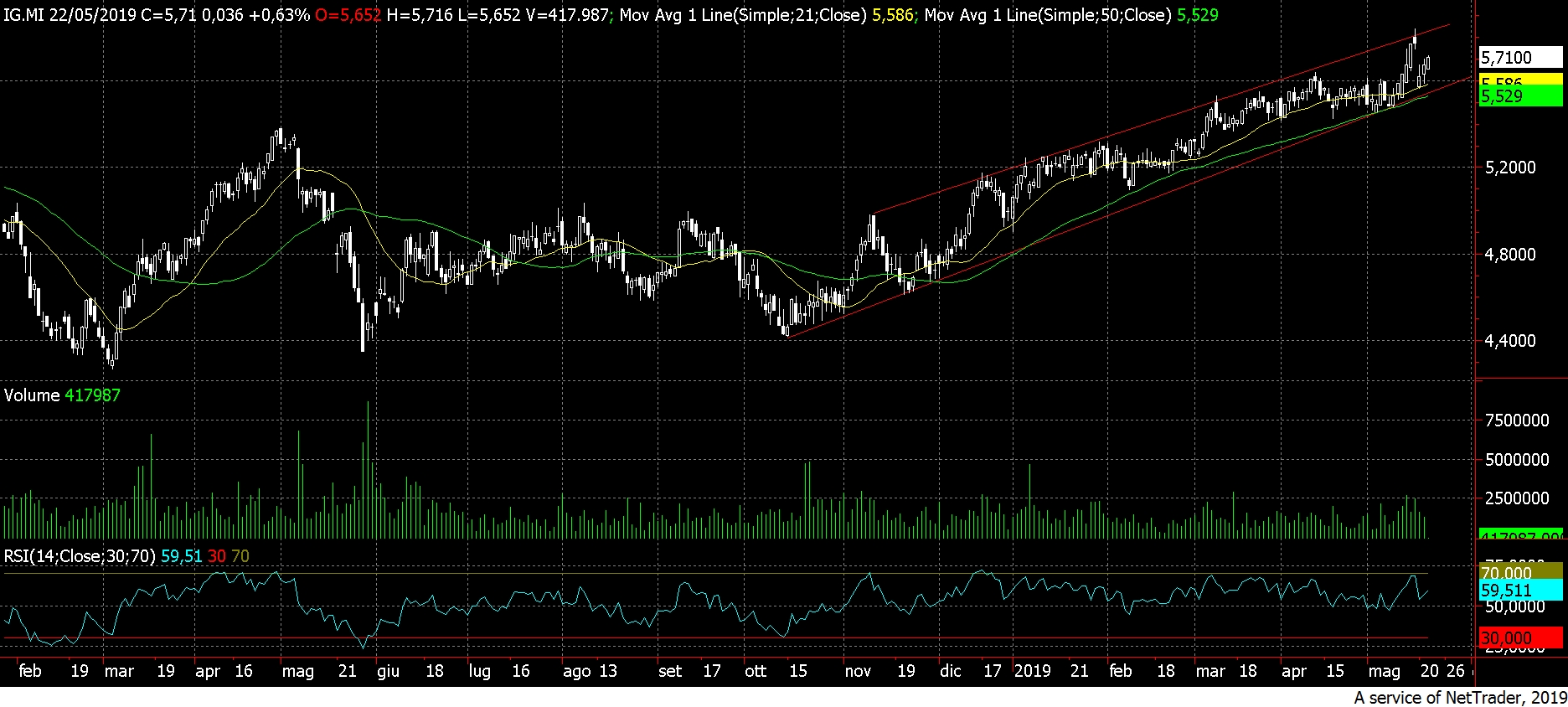The Roots Of Trump's Harsh Rhetoric On European Trade

Table of Contents
The "America First" Ideology and its Impact on Trade Policy
The core tenet of Trump's "America First" policy was a radical prioritization of domestic interests over international trade partnerships. This nationalist approach fundamentally reshaped US trade policy, leading to significant tensions with traditional allies, particularly within the European Union. This ideology manifested in several key ways:
- Emphasis on Protecting American Jobs and Industries: The administration frequently framed trade deficits as evidence of unfair competition, directly threatening American jobs and the viability of domestic industries, particularly manufacturing.
- Rejection of Multilateral Trade Agreements: Agreements like the Trans-Pacific Partnership (TPP) were deemed detrimental to American interests, reflecting a broader skepticism towards multilateral institutions and a preference for bilateral deals perceived as more advantageous to the US.
- Use of Tariffs and Trade Barriers as Tools to Achieve Economic Nationalism: Tariffs on steel, aluminum, and various other goods became central tools in achieving "America First" goals, aiming to protect domestic producers from foreign competition, even at the cost of disrupting global trade flows and harming international relationships. The withdrawal from the TPP serves as a prime example of this approach.
Historical Precedents: A Legacy of Trade Disputes with Europe
US-Europe trade relations have a long and often turbulent history, characterized by recurring disagreements over trade practices and regulations. These historical tensions laid the groundwork for Trump's more aggressive approach. Specific examples include:
- Disputes over Agricultural Subsidies: Long-standing disagreements over agricultural subsidies in both the US and the EU have been a source of friction for decades, leading to multiple trade disputes and retaliatory measures.
- Protectionist Sentiment in American Politics: A recurring theme throughout American history has been the presence of protectionist sentiment, often fueled by economic downturns and anxieties about foreign competition. This historical context provided fertile ground for Trump's populist appeal.
- Building on Existing Tensions: Trump didn't create trade tensions with Europe ex nihilo; he leveraged and exacerbated existing grievances, framing himself as the champion of American workers against unfair trade practices.
Economic Factors Fueling the Rhetoric: Trade Deficits and Manufacturing Decline
Concerns about the US trade deficit with Europe and the decline of American manufacturing played a crucial role in fueling Trump's anti-European trade rhetoric.
- Statistical Data on the US Trade Deficit with the EU: While the US consistently runs a trade deficit with many countries, the deficit with the EU was frequently cited as evidence of unfair trade practices and the need for protectionist measures.
- Impact of Globalization and Automation on American Manufacturing Jobs: The decline of American manufacturing jobs, partly attributed to globalization and automation, provided a powerful narrative for Trump's populist message, blaming foreign competition and trade deals for economic hardship.
- Exploitation of Economic Anxieties in Political Discourse: Trump effectively tapped into the economic anxieties of many American workers, skillfully weaving a narrative that blamed trade with Europe for job losses and economic stagnation.
The Role of Political Opportunism and Populist Appeal
Trump's use of anti-European trade rhetoric was not solely driven by economic concerns; it was also a shrewd political strategy.
- Targeting Specific European Countries or Policies: Trump frequently targeted specific European countries and policies, using strong rhetoric to appeal to his base and consolidate his support.
- Media Coverage and Public Reaction to His Trade Policies: Trump's trade policies received significant media coverage, fueling public debate and often polarizing opinion. This polarization further solidified his support among his base.
- Political Benefits Derived from Taking a Tough Stance on Trade: Taking a hardline stance on trade proved to be politically beneficial for Trump, rallying his supporters and providing a clear message in a complex political landscape.
Conclusion: Understanding and Addressing Trump's Legacy on Transatlantic Trade
Trump's harsh rhetoric on European trade stemmed from a confluence of factors: the "America First" ideology, historical tensions, economic anxieties, and political opportunism. Understanding these roots is crucial for navigating the complexities of future transatlantic relations. The legacy of his policies continues to impact US-EU trade, highlighting the need for careful consideration of the long-term implications of protectionist measures. Further research and open dialogue are essential to developing strategies for fostering stronger, more sustainable, and equitable transatlantic trade partnerships. Understanding the intricacies of Trump's trade policies and their impact on Europe is key to building a more robust and mutually beneficial global trade system moving forward.

Featured Posts
-
 Borsa Fed In Primo Piano Italgas Brillante A Piazza Affari
May 25, 2025
Borsa Fed In Primo Piano Italgas Brillante A Piazza Affari
May 25, 2025 -
 Atletico Madrid Barcelona Maci Canli Izle Fanatik Gazetesi Nden Anlik Futbol Haberleri
May 25, 2025
Atletico Madrid Barcelona Maci Canli Izle Fanatik Gazetesi Nden Anlik Futbol Haberleri
May 25, 2025 -
 1 2 Atletico Madrid In Sevilla Zaferi Mac Oezeti Ve Istatistikler
May 25, 2025
1 2 Atletico Madrid In Sevilla Zaferi Mac Oezeti Ve Istatistikler
May 25, 2025 -
 Naomi Campbell Met Gala Ban Feud With Anna Wintour
May 25, 2025
Naomi Campbell Met Gala Ban Feud With Anna Wintour
May 25, 2025 -
 Hells Angels Craig Mc Ilquham Sunday Memorial Service Details
May 25, 2025
Hells Angels Craig Mc Ilquham Sunday Memorial Service Details
May 25, 2025
